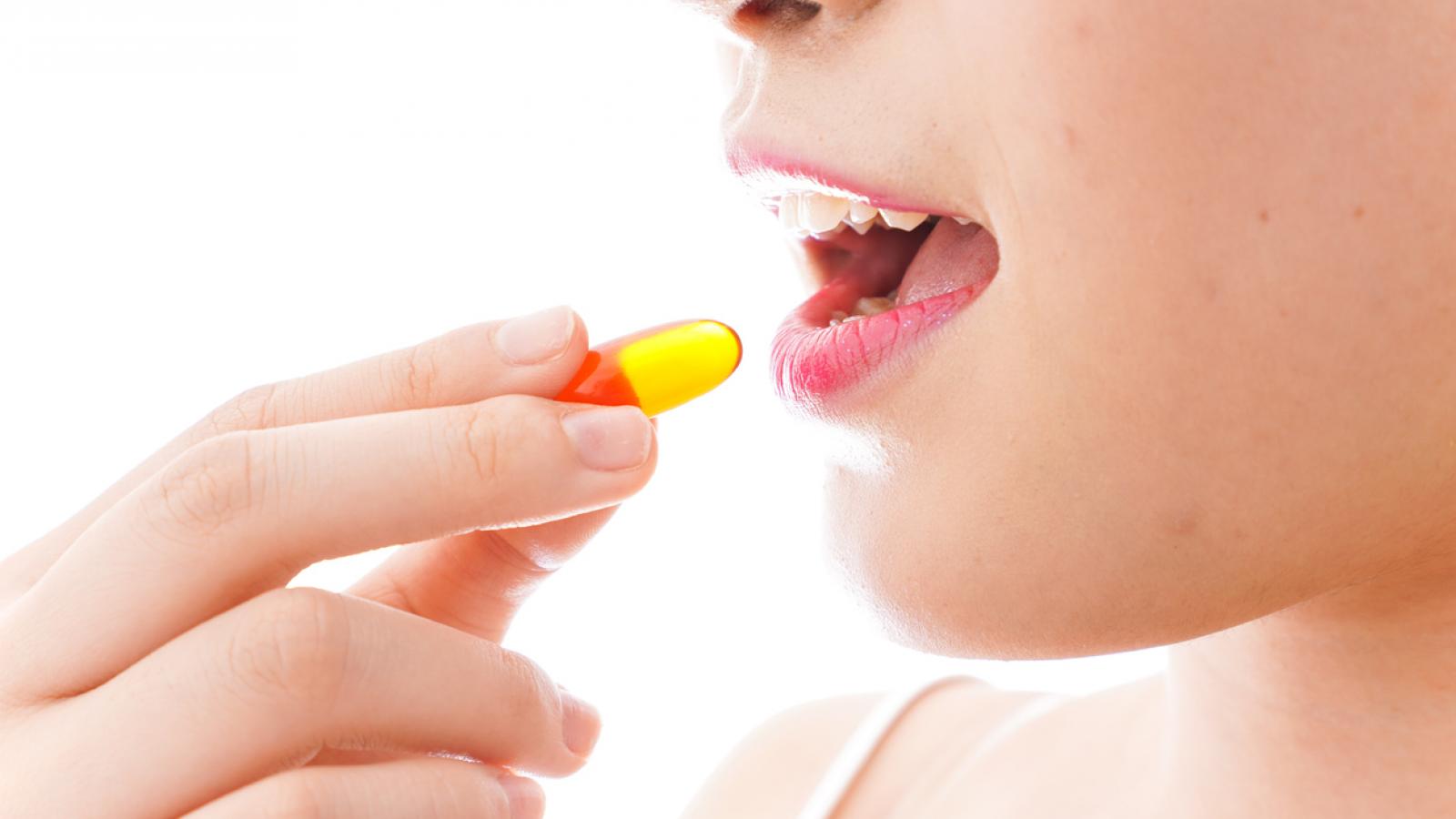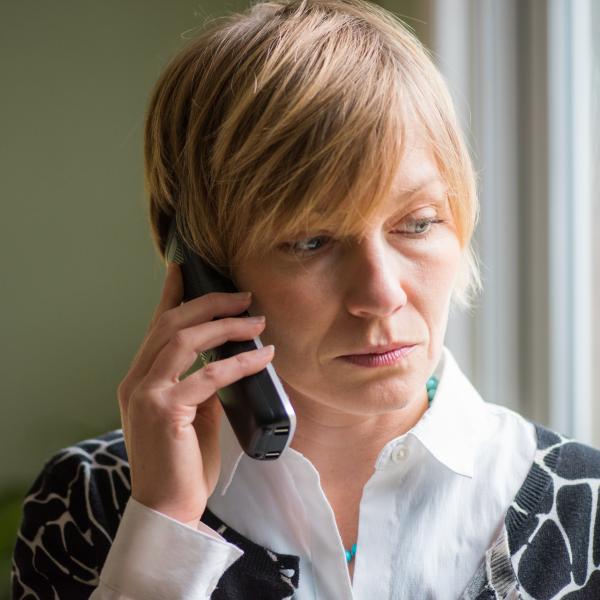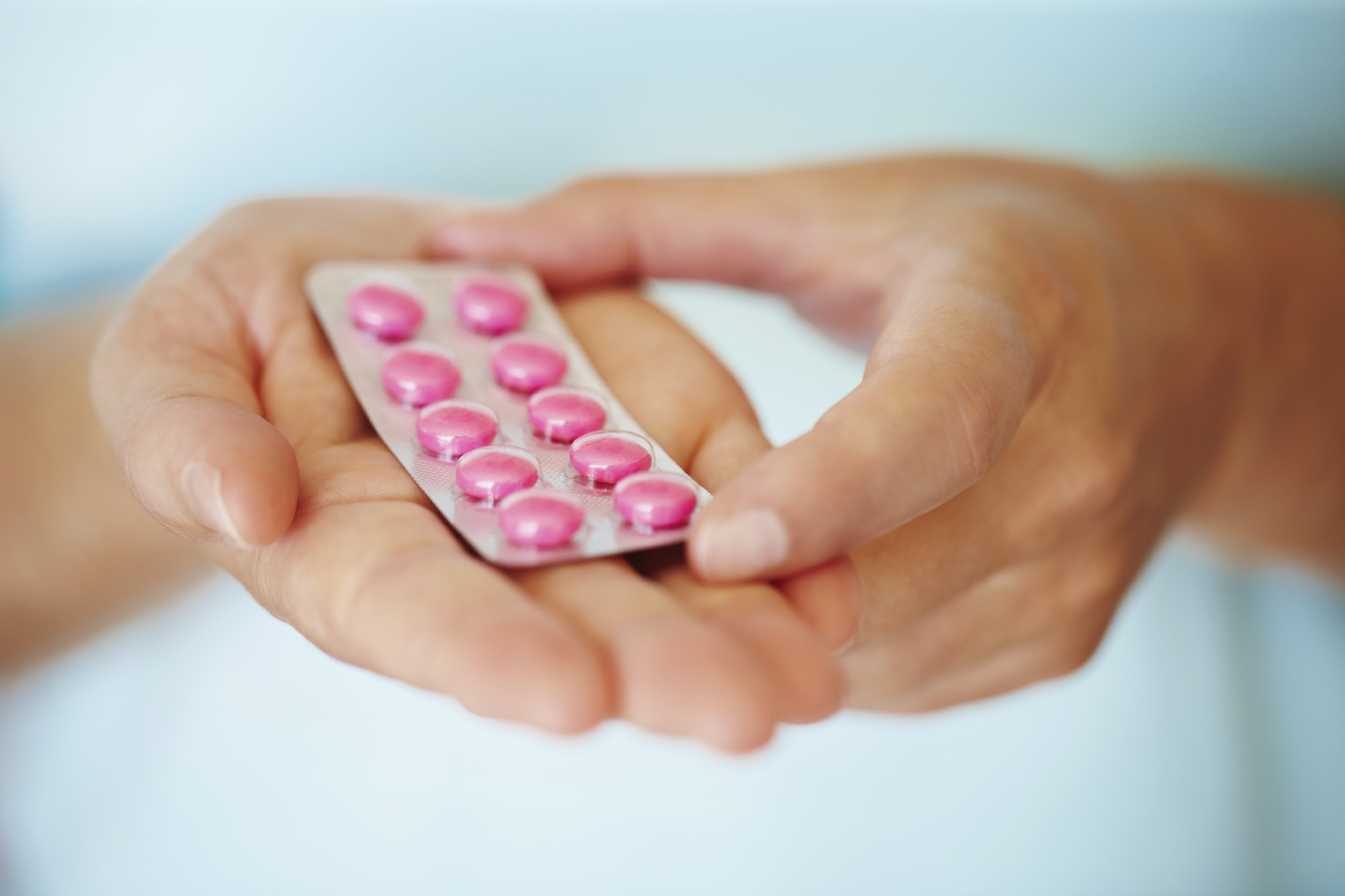Radioactive iodine therapy for thyroid cancer

This therapy can destroy tiny amounts of normal thyroid tissue or cancer cells, if any, left behind after surgery. It is usually given after surgery for papillary or follicular thyroid cancer. You may have to wait several weeks to recover after surgery before having this treatment.
Not all patients need radioactive iodine therapy. You will be referred to a specialist centre for this treatment if you need it. The radioactive iodine, also called radioactive-iodine 131 (I-131), is usually given as a capsule.
Preparing for radioactive iodine therapy
High TSH level
You will need a high level of thyroid-stimulating hormone (TSH) in your bloodstream for the treatment to be a success. This is done by giving an injection of TSH before treatment. The hormone activates thyroid cells and encourages them to absorb the radioactive iodine.
Taking recombinant TSH: You will continue on your hormone therapy and be given recombinant human TSH (rhTSH). The drug is given over 2 days before the iodine capsule is taken. It boosts the level of TSH in your body to make sure the radioactive iodine therapy works.
Low-iodine diet
If there’s less iodine in your body it will be more willing to take up the radioactive iodine, so you may be told to limit the iodine in your diet for 2 weeks before your treatment. Your nurse will tell you what foods to avoid.
Pregnancy and breastfeeding
Use a reliable method of contraception before you start treatment – it’s important not to become pregnant or father a child during treatment and for a few months afterwards. Ask your doctor about this. Tell your doctor if there’s a chance you might be pregnant. Radioiodine treatment can harm the baby and so isn’t suitable for pregnant women.
If you are breastfeeding, you must stop 8 weeks before your treatment. In fact, it is best if your child is weaned before treatment, or postpone it until your baby is weaned. It is not safe to start breastfeeding again after your treatment, but future pregnancies and breastfeeding will not be affected.
Getting radioactive iodine therapy
Usually you will be given a small pill. The radioiodine goes into your bloodstream and travels to thyroid cells in your body. The thyroid cells absorb the radioiodine and it kills them.
Other cells in your body will not be harmed as they do not absorb the radioiodine. The treatment can be repeated if thyroid cells are still present.
After radioactive iodine therapy
The therapy makes you radioactive for a few days. There is a chance that the hospital staff and your relatives and friends might be exposed to the radiation. Because of this, certain safety precautions are taken while the radioiodine is still in your body.
- No visitors are allowed for the first 24 hours. After that they are only allowed in your room for a short time each day, one at a time.
- Children under 14 and pregnant women will not be allowed to visit you for up to 5 days.
Some hospitals might have other precautions not listed here. These will be explained to you in more detail before your treatment.
It is best to drink lots of fluids as this will get rid of the radioactivity quicker. The medical physicist will measure your radiation levels every day to make sure they have dropped to a safe level. Usually after 3 days you will be allowed home. Usually a whole body scan is done before you go home or the following week.

Feeling isolated: You might feel lonely, afraid and even depressed having to stay in isolation. Tell your nurses how you’re feeling. Usually there is a telephone in the room or you can use a mobile phone to talk to your family and friends.
Hints and tips: Safety after radioactive iodine therapy
For 2 weeks after you go home it’s best to:
- Avoid close contact with people
- Keep a distance of at least 3 feet (1 metre) from everyone. Double this amount for pregnant women and young children
- Sleep in a separate bed
- If you have a small baby, get your partner, relative or friend to care for them
- Do not breastfeed your baby
- Avoid long journeys on trains, taxis, buses or aeroplanes
- Avoid social events or entertainment venues (cinema, theatre, stadiums, festivals, etc.) for at least a week
- Do not return to work or school for at least a week, or longer if you work with children
- Flush the toilet 2/3 times after using it
- Bathe or shower frequently
- Rinse your toothbrush thoroughly
- Do not share cutlery, crockery, towels and bed linen unless washed once
Do talk to your medical physicist before leaving hospital if you are planning to travel. You will be given a letter for airport authorities in case the security scanners pick up any radioactivity.
Side-effects of radioactive iodine therapy
- Swelling: The radioiodine might cause a slight swelling under your jaw or salivary glands. This does not last long and can be eased by sucking on sharp-tasting sweets like lemon drops.
- Fertility effects: If you are a woman, your periods might stop or become irregular for several months after radioiodine therapy, but this is only temporary. Many people, especially younger patients, go on to have normal pregnancies and births.
For men, radioiodine may affect their sperm count and levels of testosterone briefly. But you will be able to father a child. It is best to wait at least 6 months after treatment before you go ahead. - Other side-effects: Rare side-effects include pain, feeling breathless, a dry mouth, or altered taste.
Let your doctor or nurse know if you are worried about any side-effects after radioactive iodine therapy.
For more information
Phone
1800 200 700


